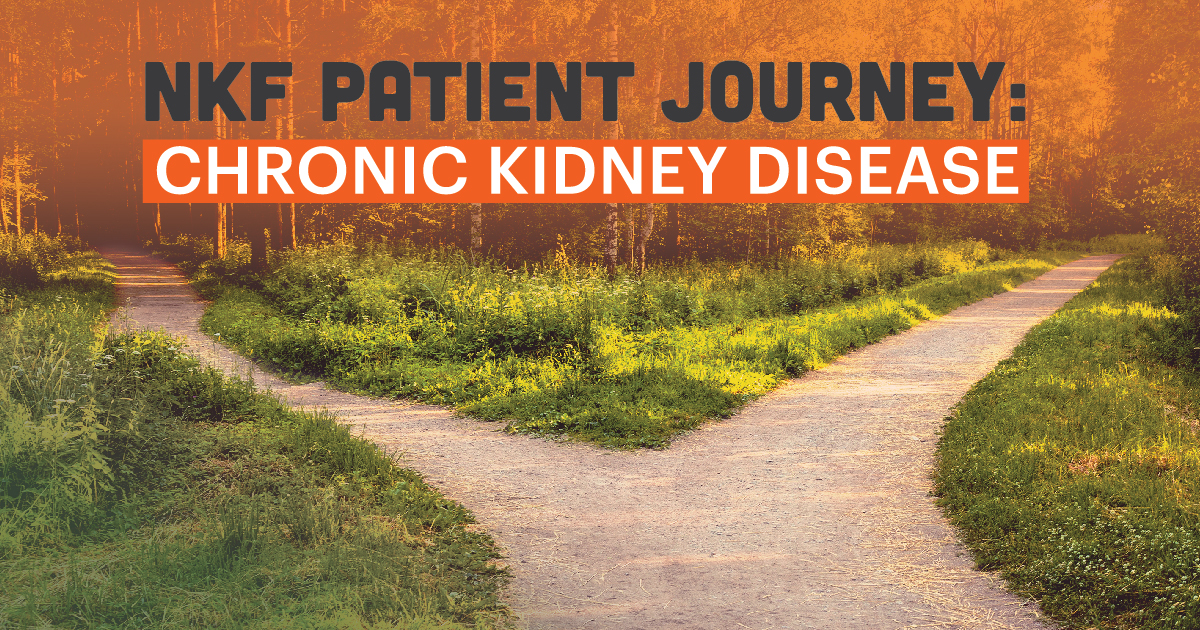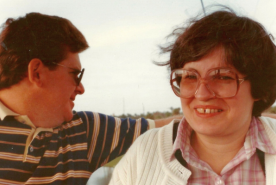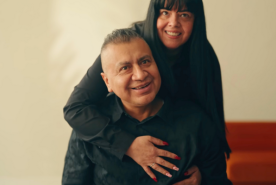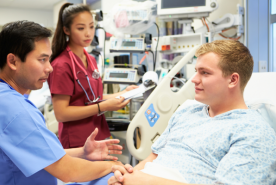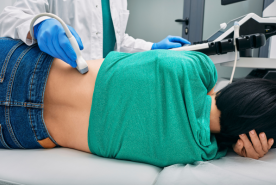There is no cure for high blood pressure. But treatment can lower blood pressure that is too high. If it is mild, high blood pressure may sometimes be brought under control by making changes to a healthier lifestyle.
How is high blood pressure treated?
Your healthcare provider will create a treatment plan for you. Your treatment plan will be based on the results of your tests, your physical examination, and on your individual needs.
Making healthy lifestyle choices is an important part of treatment. It can help bring high blood pressure under control. This may include losing extra weight, eating meals with less fat and salt, limiting alcohol to no more than two drinks a day for men and one drink a day for woman, and starting a regular exercise program approved by your healthcare provider. If you are a smoker, your healthcare provider will advise you to stop. Smoking increases your risk of complications such as heart attacks or strokes.
Medicines may also be needed to get your blood pressure under control. There are many effective medicines for high blood pressure. Sometimes a combination of different medicines may be needed. These medicines should be taken as instructed, even if you are feeling fine. This is because high blood pressure is damaging even when it causes no symptoms.
Will I need to follow a special diet?
If you are overweight, your healthcare provider may want you to lose weight. Also, most healthcare providers recommend a diet that is low in fat and salt as part of the treatment for patients with high blood pressure. Spices and herbs can be used instead of salt to add flavor to food.
Your healthcare provider can refer you to a registered dietitian who will help you learn more about eating the right foods in the right amounts to help control your blood pressure. If you have kidney disease or diabetes, you should not make changes in your diet without speaking to your healthcare provider.
What else should I do to help control my blood pressure?
You can help yourself by doing the following:
- have regular medical checkups
- take all your medicines as instructed, even if you are feeling fine
- follow your healthcare provider's recommendations about diet and exercise
- stop smoking, if you are a smoker
- avoid drinking more than one ounce of alcohol a day
- get your whole family involved in your care plan
Don't hesitate to talk to your healthcare provider if you have any questions or problems. If you cooperate with your treatment plan, you can keep your blood pressure controlled and help to prevent serious complications.
What if my medicine causes side effects?
You should report any side effects, such as headaches, dizziness, tiredness, palpitations, ankle swelling, problems with your sex life, etc., to your healthcare provider. It may be possible to change the dose of your medicine or order a different medicine that may work better for you.
See also:
- What Is High Blood Pressure?
- What Causes High Blood Pressure?
- High Blood Pressure and Kidney Disease in Children
- High Blood Pressure: The Role of the Family
If you would like more information, please contact us.
